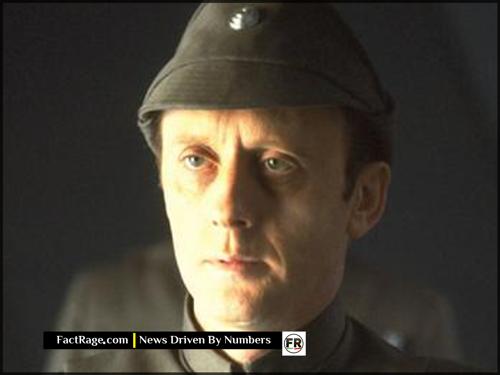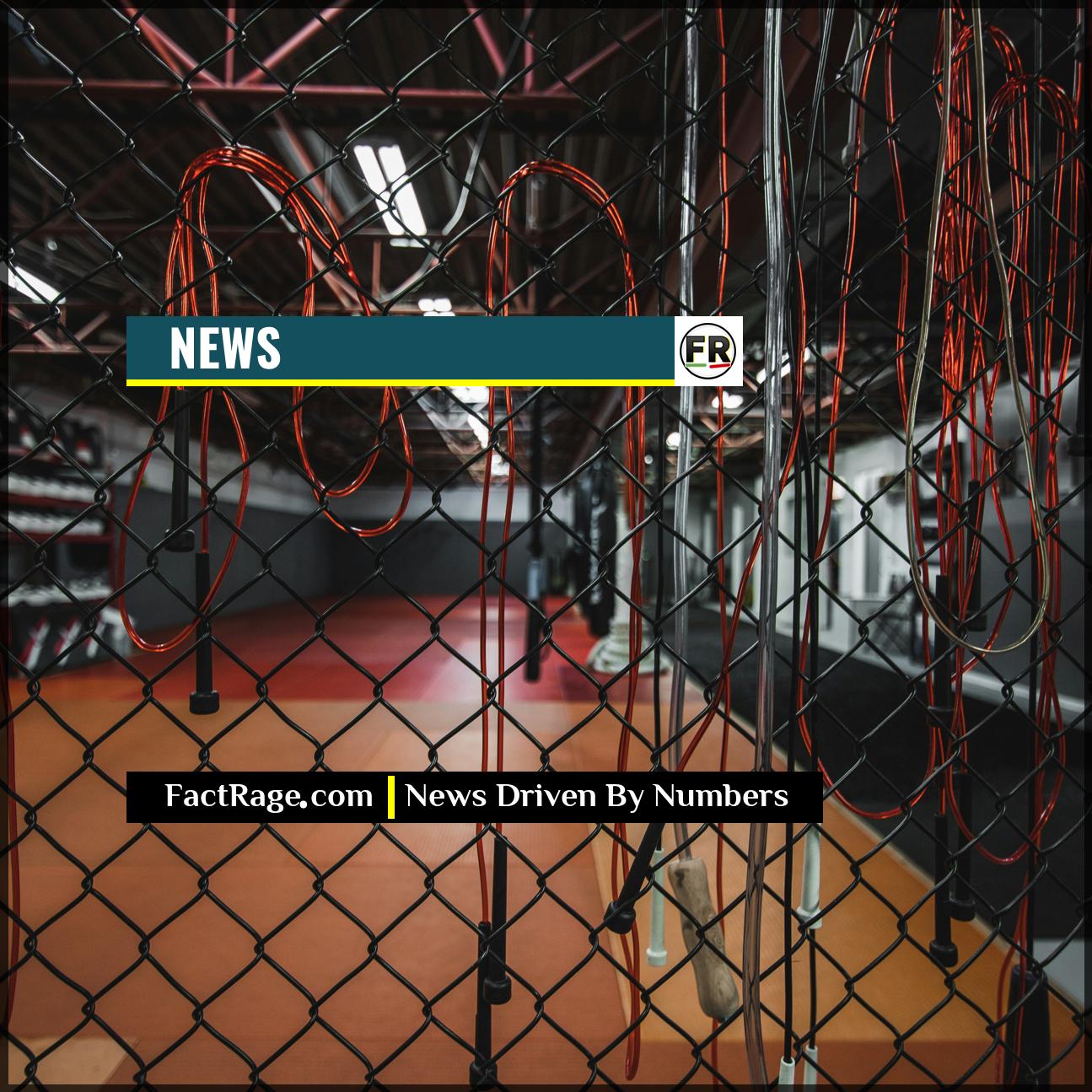FACTRAGE – Kenneth Colley, the veteran British actor who memorably portrayed the beleaguered Imperial officer Admiral Piett in the original Star Wars trilogy, has died at the age of 87.
- A Career On-Screen – Kenneth Colley was a British character actor with a career spanning six decades, best known globally for his role as Admiral Firmus Piett in The Empire Strikes Back and Return of the Jedi.
- The Man Who Got Promoted – His character, Piett, is notable for being one of the few Imperial officers to be promoted by Darth Vader on-screen and survive—for a time—making him a fan-favorite symbol of competence and anxiety.
- The Character Actor’s Craft – Colley’s performance is often cited as a prime example of how character actors provide depth, believability, and texture to large-scale cinematic universes, making them feel populated and real.
The news of Colley’s passing has prompted an outpouring of appreciation from fans, not just for the character he played, but for the craft he represented—a craft essential to the success of any sprawling epic.
From Captain to Admiral: The Anatomy of a Memorable Performance

When audiences first meet Captain Piett in The Empire Strikes Back (1980), he is a subordinate officer on the bridge of the Super Star Destroyer Executor. He is soon thrust into the spotlight in one of the film’s most iconic scenes. After his superior, Admiral Ozzel, makes a fatal tactical error, Darth Vader summarily executes Ozzel via Force-choke and turns to a stunned Piett, declaring, “You are in command now, Admiral Piett.”
What could have been a simple plot point became a miniature character study in Colley’s hands. Throughout the rest of the film and its sequel, Return of the Jedi (1983), Colley imbued Piett with a constant, simmering anxiety. His performance was a masterclass in subtlety; every side-eye, every pursed lip, and every stiff posture conveyed a man who was good at his job but acutely aware that his life depended on the whims of a volatile, super-powered superior. This performance raised a key question for the audience: what is it truly like to work for the villain? Colley provided the answer.
Why Supporting Roles Are the Bedrock of Fictional Worlds
The immense success of franchises like Star Wars does not rest solely on its heroes and villains. The universe’s believability is built by a deep roster of character actors who make the galaxy feel inhabited. How does a vast, faceless entity like the Galactic Empire become a credible threat? It happens through characters like Admiral Piett and Grand Moff Tarkin (Peter Cushing).
These actors give a face to the bureaucracy of evil. They are not just anonymous figures in uniforms; they are ambitious, fearful, and sometimes, competent individuals. Colley’s Piett, in particular, grounded the fantastical nature of Darth Vader. By reacting to Vader with believable fear and professionalism, he made Vader’s power more tangible. When fans know the names of background officers, it signifies that the world-building is successful. This depth is a direct result of the talent and commitment of actors like Kenneth Colley, who understand that their role is to make the world around the main characters feel authentic.
A Legacy Beyond the Bridge of the ‘Executor’
While Admiral Piett remains his most globally recognized role, Kenneth Colley was a prolific and respected actor with a long career in British film and television. He appeared in Ken Russell’s The Devils (1971), played Jesus in Monty Python’s Life of Brian (1979), and had roles in numerous other productions, showcasing a range far beyond the confines of a Star Destroyer bridge.
His contributions to these varied projects underscore the value of the career character actor. Colley’s legacy is not just one memorable role, but a body of work that demonstrates how dedicated performers can elevate any material they are given. In building Admiral Piett from a name on a call sheet into a beloved, enduring character, he provided a crucial piece of the puzzle that made Star Wars a phenomenon. His work is a lasting reminder that in great cinematic storytelling, there are no small parts, only actors who make them unforgettable.














